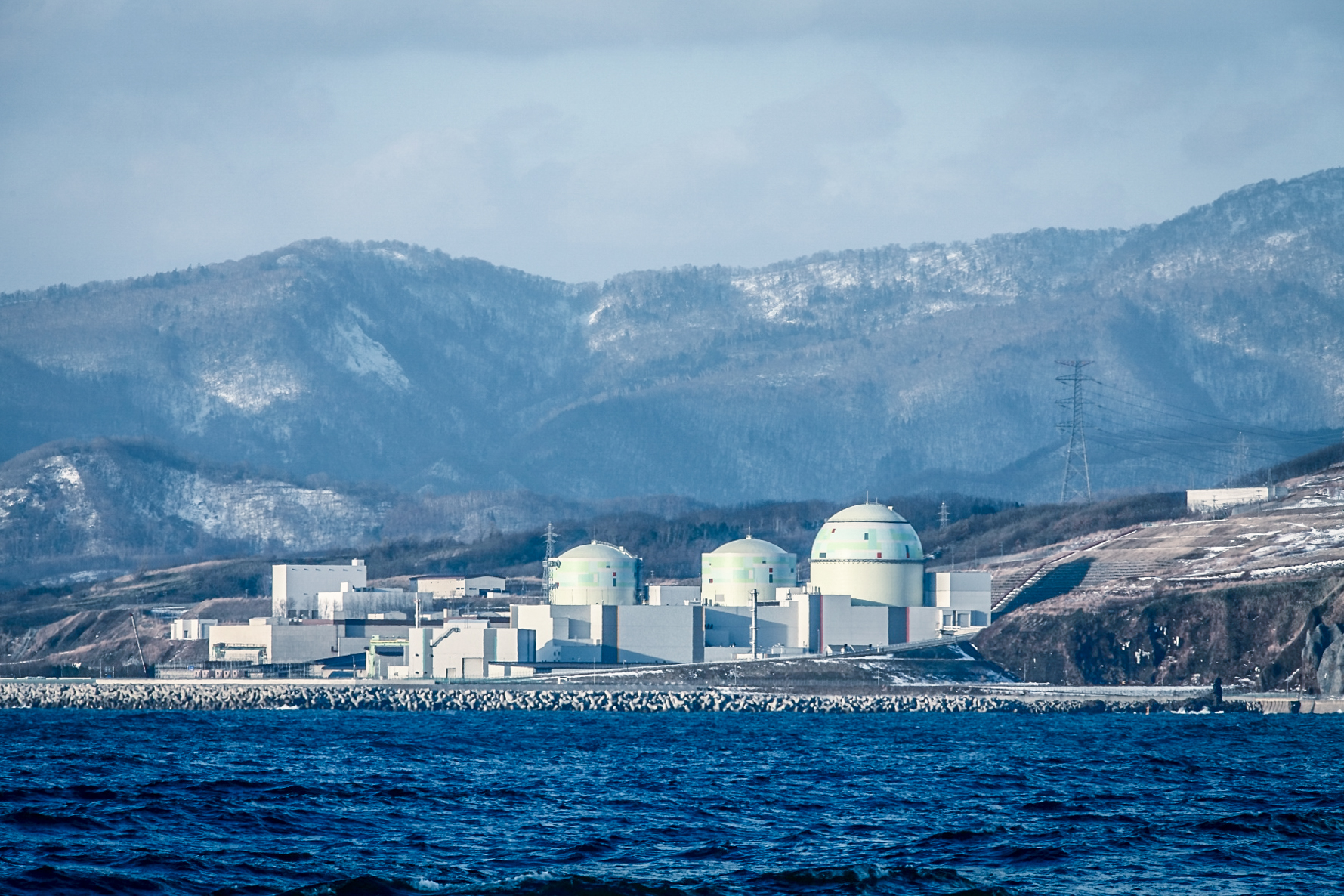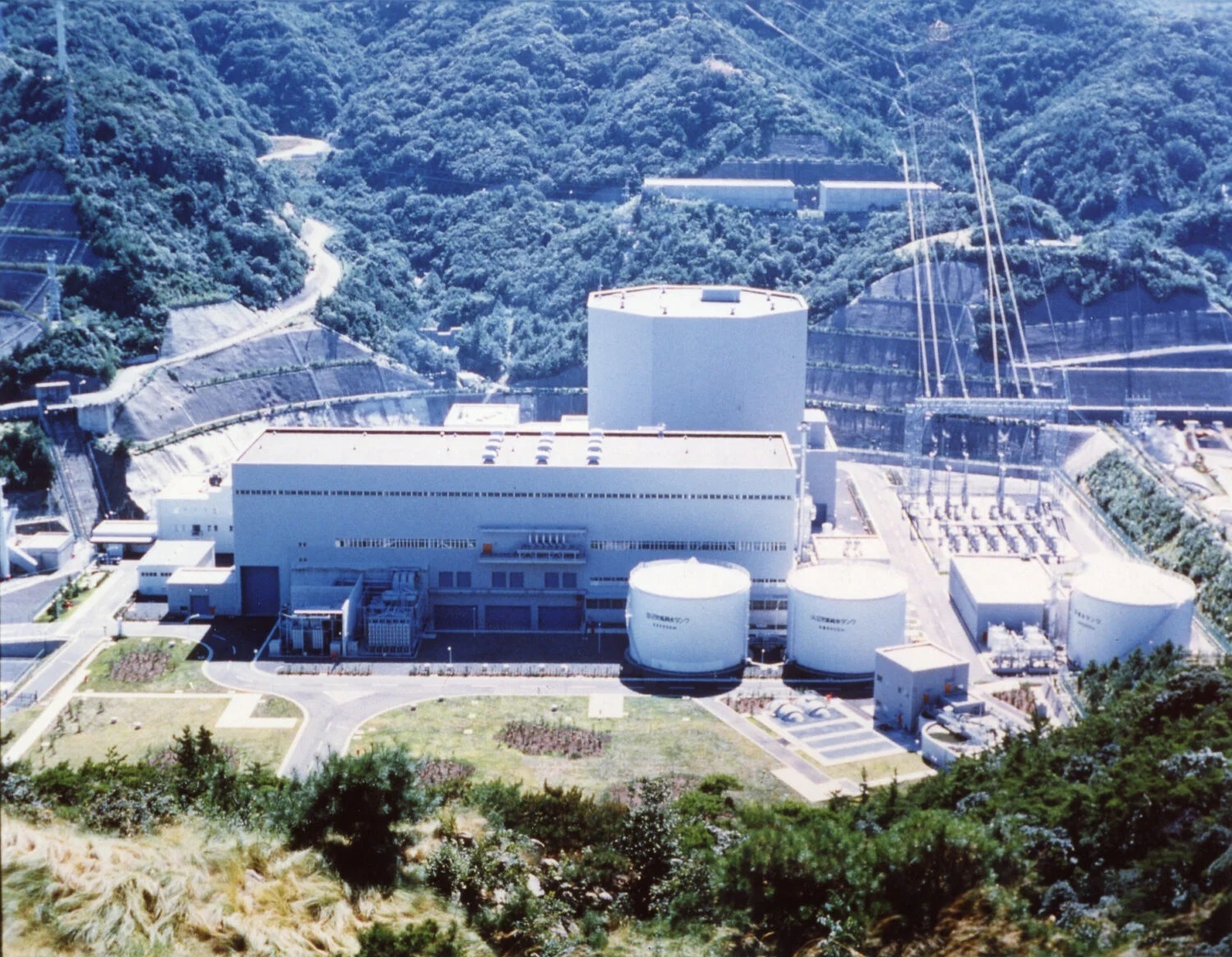Currently, the period for applying for such an examination is a narrow three-month window: specifically, the final three months of a reactor’s thirty-eighth year of operation. The start of the application period is expected to be moved forward to the beginning of a reactor’s thirty-fifth year of operation, which would substantially reduce the burden and pressure on power utilities.
The operational lifetime of a nuclear power plant in Japan is restricted in principle to forty years. To extend that lifetime, separate examinations by the NRA are required for extending and restarting them. If an NPP clears the lifetime-extension examination, its operating lifetime can be extended for up to another twenty years, on a one-off basis.
As mentioned above, the acceptance of an application for an NPP’s lifetime-extension examination is limited to the final three months of its thirty-eighth year of operation, so NPP operators and the ruling Liberal Democratic Party (LDP) have been seeking a revision on account of the heavy burden now being imposed on the operators, including extensive paperwork.
To receive a lifetime-extension examination, NPP operators must first carry out several months of special inspections starting once a reactor reaches thirty-five years of operation. Accordingly, the NRA is expected to move up its acceptance of applications for its examinations to the same point in time.
Thus far, only three NPPs in Japan have passed such examinations: Mihama-3, and Takahama-1 and -2, all owned and operated by the Kansai Electric Power Co. (Kansai EP) in Fukui Prefecture. The heavy burden placed on those involved in such matters has become a serious issue ever since the overwork-related suicide of a Kansai EP employee in charge of the examinations of the two Takahama reactors.


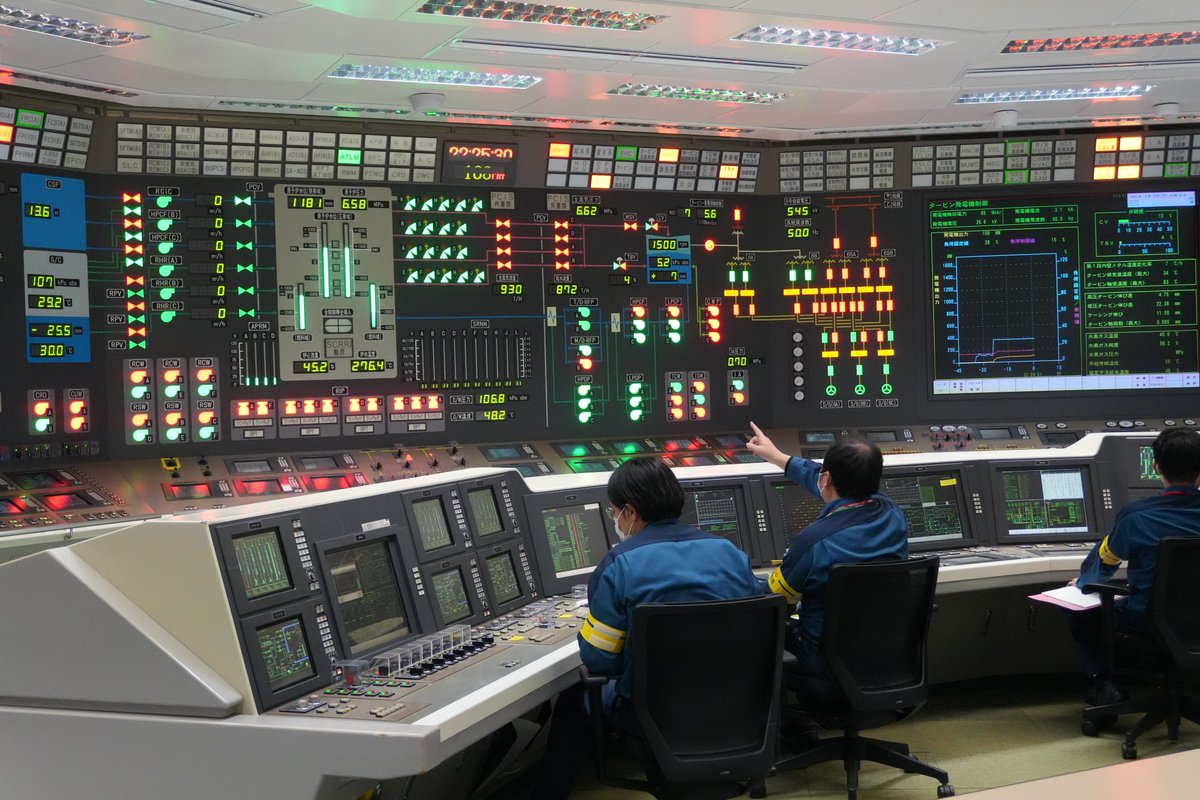
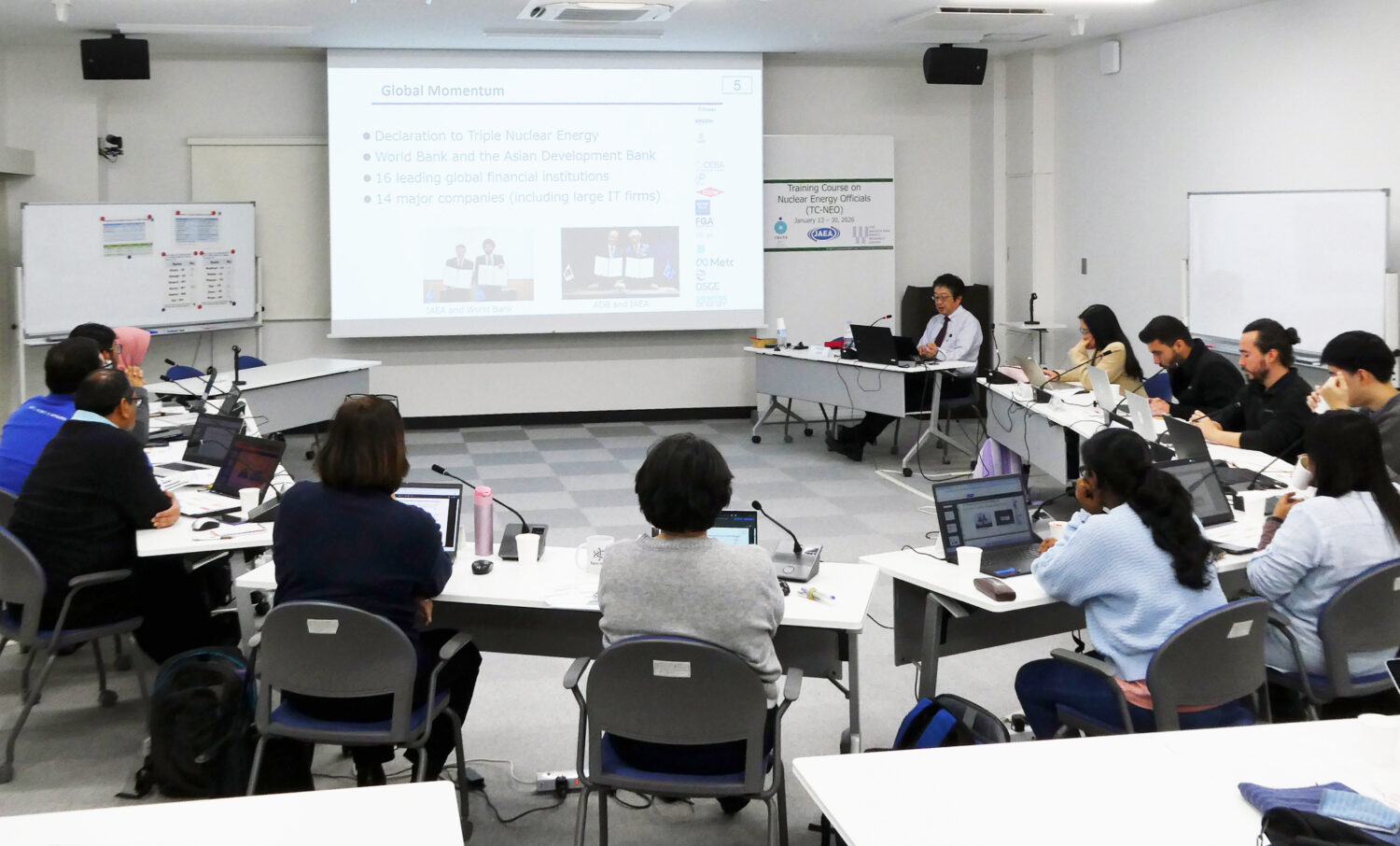
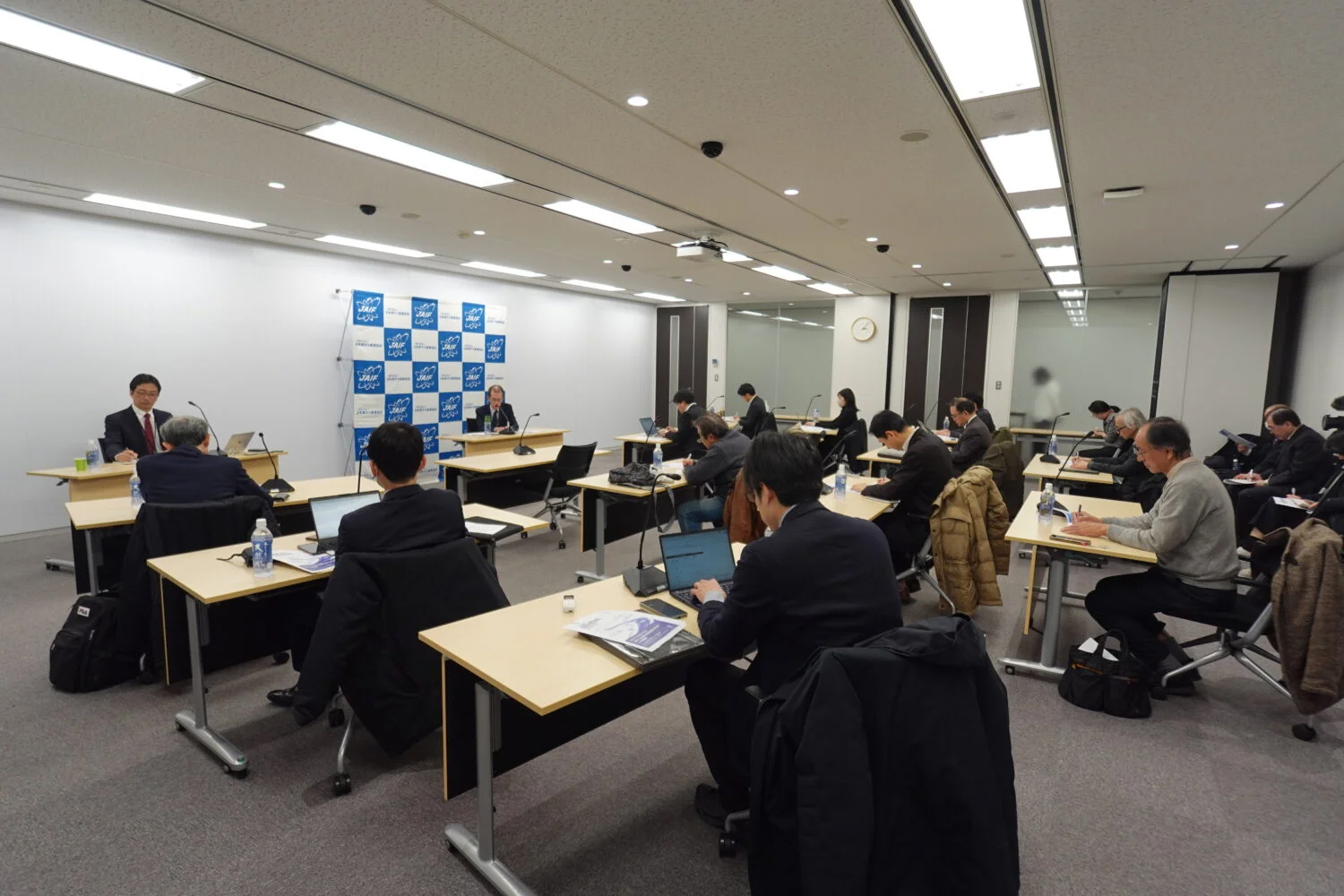
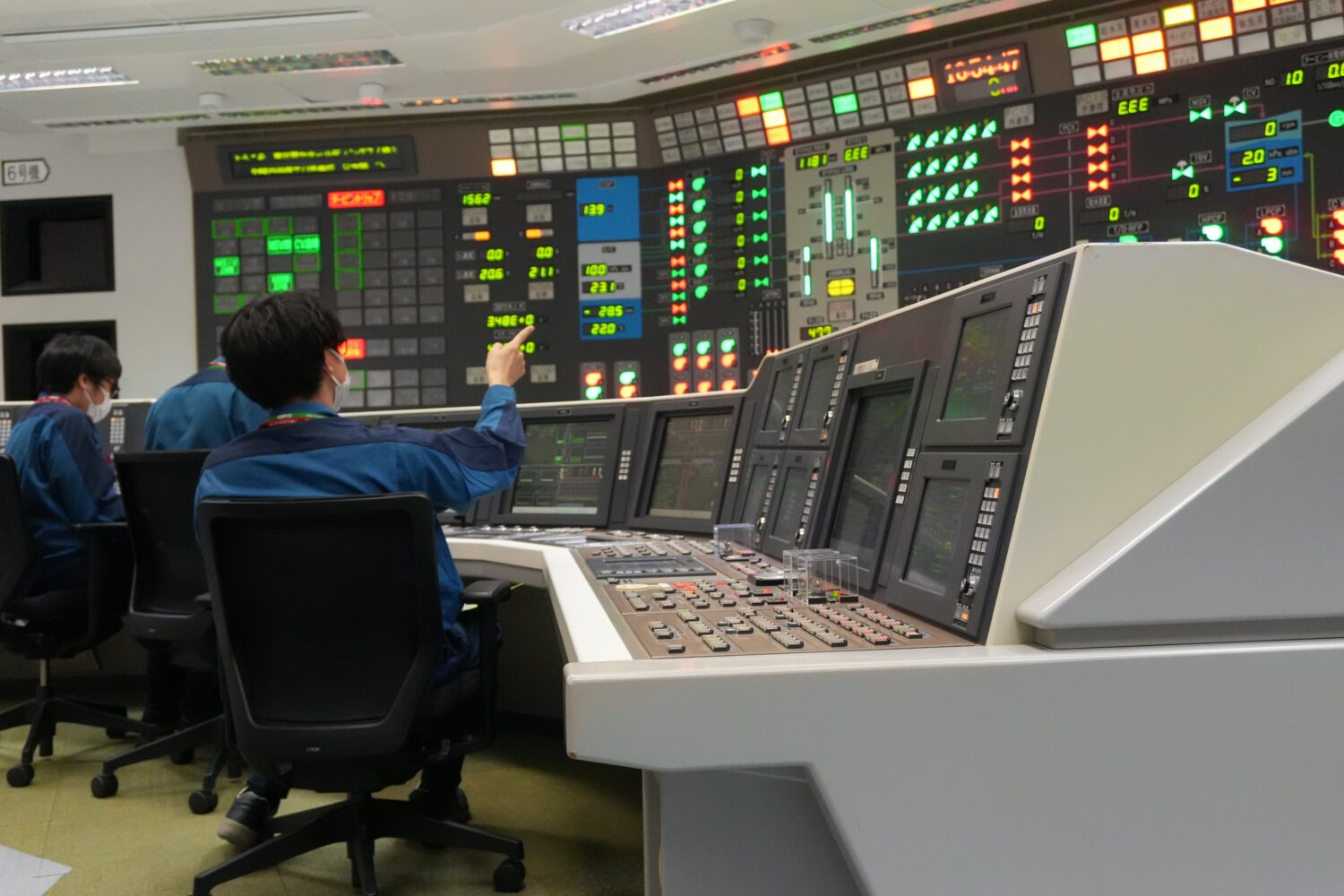
-013.jpg)
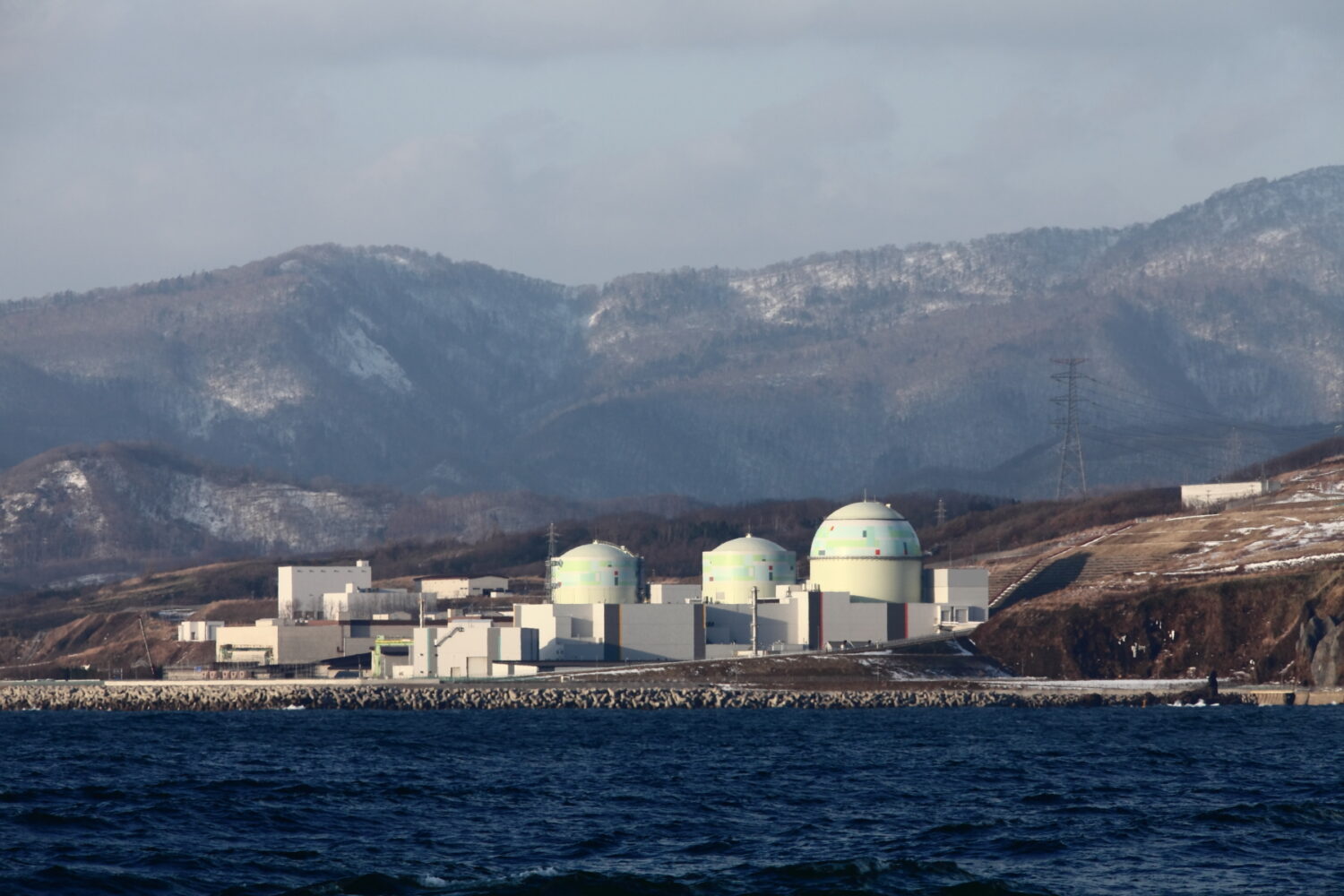
-049.jpg)
.jpg)

